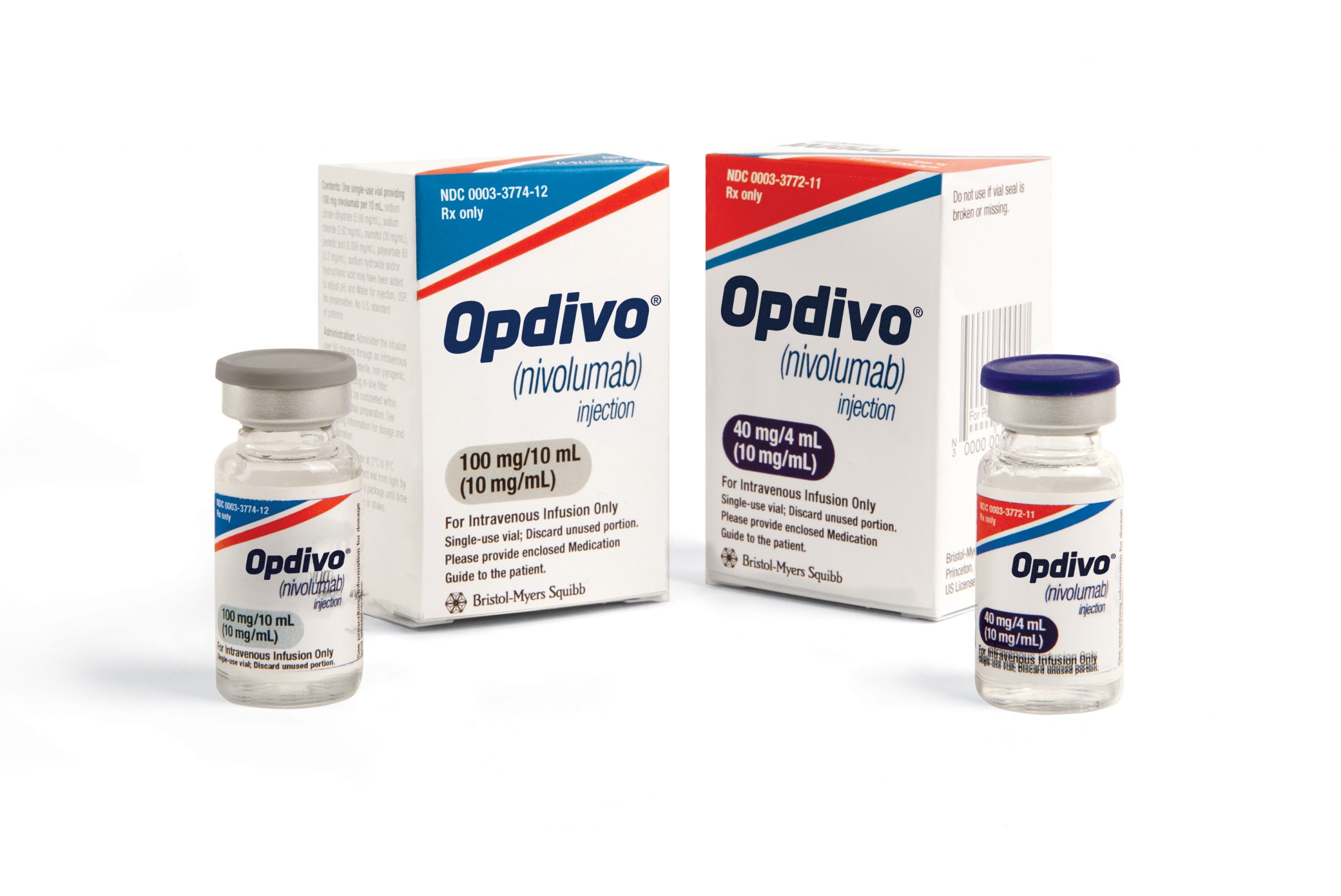BMS builds case for long-term use of Opdivo in kidney cancer

Bristol-Myers Squibb has unveiled long-term results from its immunotherapy Opdivo in the most common form of kidney cancer, showing that more than a quarter of patients were alive after five years post monotherapy treatment in a previously treated patient group.
The CheckMate-025 study showed that Opdivo (nivolumab) monotherapy continued to show an overall survival benefit compared with everolimus chemotherapy at 64 months in patients with previously treated renal cell carcinoma.
In a group treated with Opdivo monotherapy, 26% of patients were alive compared with 18% of those treated with standard everolimus chemotherapy.
Renal cell carcinoma is an important indication for Opdivo – it has been approved in this use since 2015, giving it a head start of more than four years over its big rival in the PD-1 class, Keytruda.
The data will help BMS make the case for Opdivo in this increasingly competitive market where Keytruda is approved in combination with Pfizer’s Inlyta, as well as Pfizer/Merck KGaA’s latecomer Bavencio plus Inlyta.
At the same time BMS also released follow-up data from Opdivo and its CTLA-4 class immunotherapy Yervoy in untreated advanced or metastatic renal cell carcinoma, where the idea is to hit the cancer hard with this powerful combination therapy before it can spread further.
Updated results from the CheckMate-214 study showed that at 42 months, 52% of patients treated with the immunotherapy combination were alive, compared with 39% of patients treated with Pfizer’s Sutent (sunitinib).
An independent review showed an overall response rate of 42% on the combination therapy, and 26% for Sutent.
Median duration of response was not reached with Opdivo and Yervoy, compared with 19.7 months for those treated with Sutent.
The review showed 10% of patients on the combination therapy had a complete response, compared with 1% on Sutent.
Of the patients treated with Opdivo plus Yervoy who experienced a complete response, per independent review, that response was ongoing in 84% and 86% of patients in intermediate and poor-risk (IP) and Intention-To-Treat (ITT) populations, respectively.












